

Join Our Journey!
 原作:モンキー・パンチ ©TMS ©やなせたかし/フレーベル館・TMS・NTV ©青山剛昌/小学館・読売テレビ・TMS
1996 ©渡辺航(週刊少年チャンピオン)/弱虫ペダル04製作委員会 ©2019 青山剛昌/名探偵コナン製作委員会 ©2020
青山剛昌/名探偵コナン製作委員会
原作:モンキー・パンチ ©TMS ©やなせたかし/フレーベル館・TMS・NTV ©青山剛昌/小学館・読売テレビ・TMS
1996 ©渡辺航(週刊少年チャンピオン)/弱虫ペダル04製作委員会 ©2019 青山剛昌/名探偵コナン製作委員会 ©2020
青山剛昌/名探偵コナン製作委員会 1960.6

In April 1951, founders Richard D. Stewart and Raymond J. Lemaire began importing, selling, renting, and maintaining commercial amusement equipment. After that, they expanded their business to machine manufacture and overseas exports. “Service Games Japan Co., Ltd.” was established in 1957. The project was targetted at US military facilities as well as domestic facilities. In June 1960, “Nihon Goraku Bussan Co., Ltd.” (sales department) and “Nihon Kikai Seizo Co., Ltd.” (manufacturing department) were established. Nihon Goraku Bussan Co., Ltd. went on to become SEGA CORPORATION today.
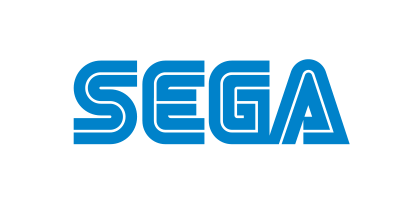
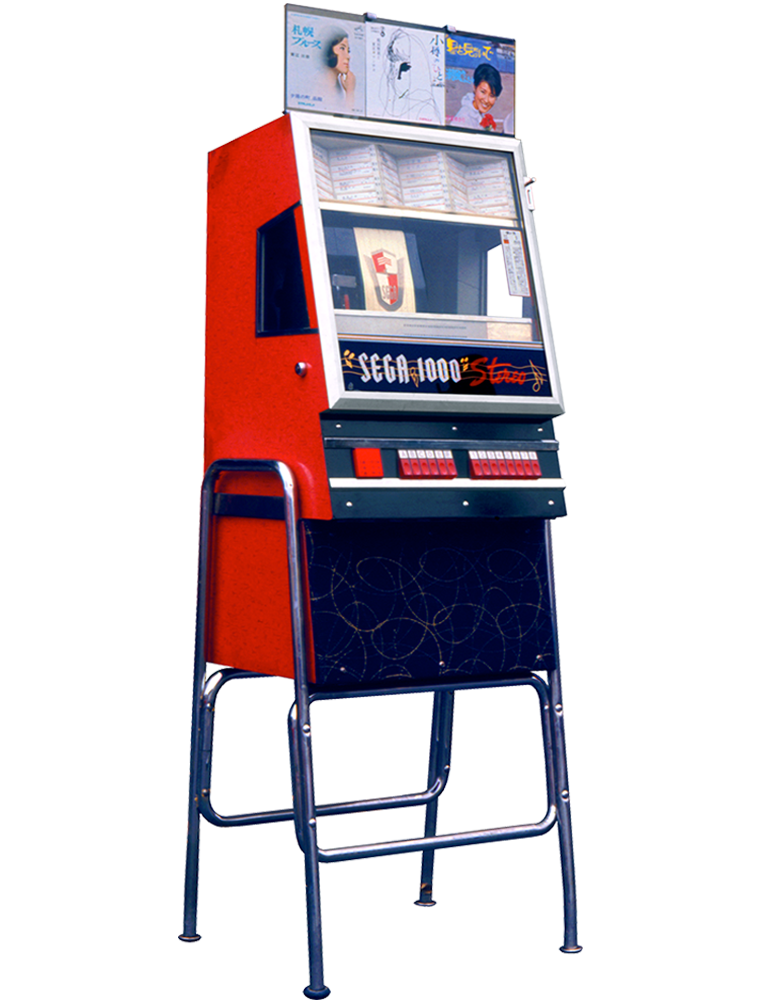
1960.7

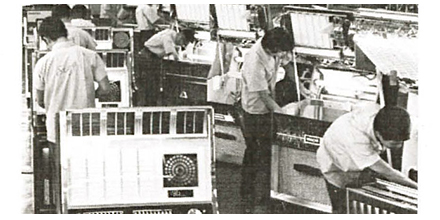
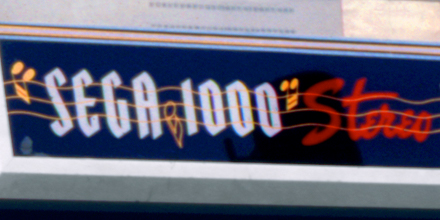
The jukebox introduced to the Japanese market by founder Richard D. Stewart in 1952 quickly expanded to become a valuable source of music and a secondary source of store revenue. At a time when imports faced heavy restrictions, Nihon Kikai Seizo researched overseas products and successfully developed a jukebox domestically. The product was named “SEGA 1000” which was abbreviated from “Service Games”.

1964.6

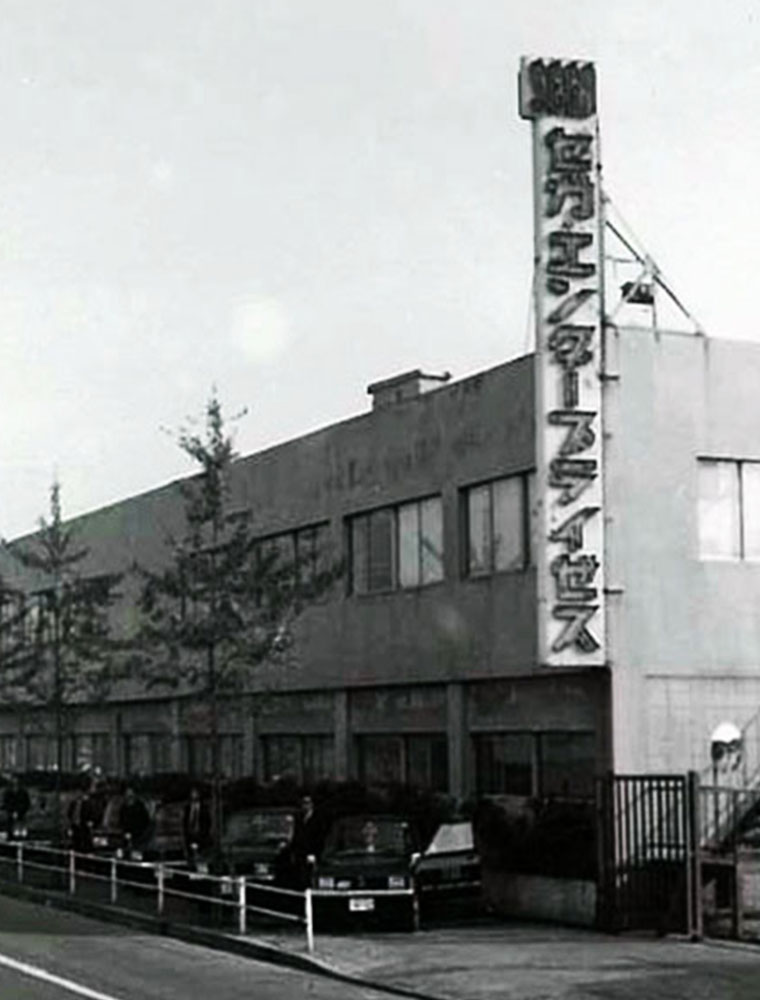
1965.7

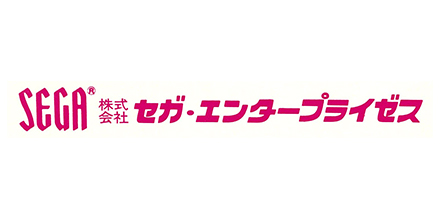
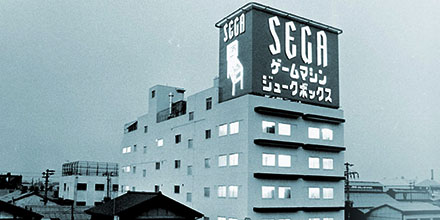
Rosen Enterprises, Ltd., which had been operating amusement arcades, was merged and renamed Sega Enterprises, Ltd. The name “SEGA” is taken from the first two letters of ‘Service’ and ‘Games’.

1965.7

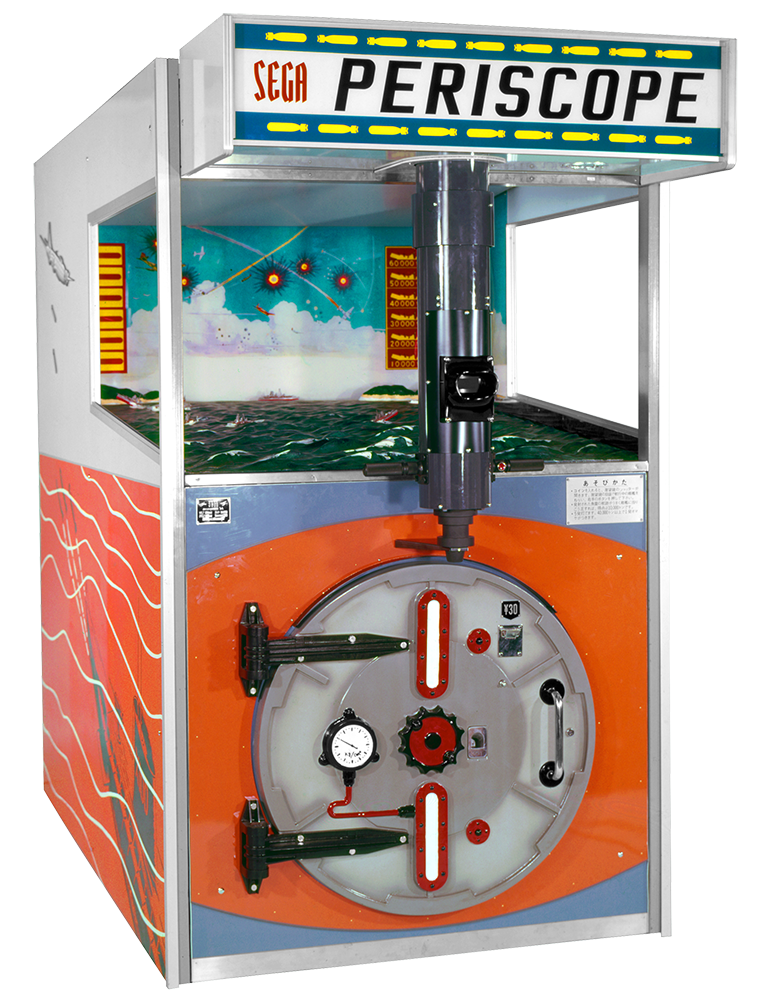
1966

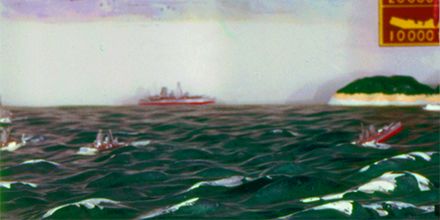
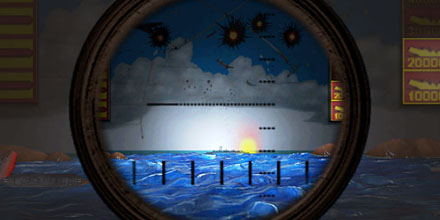
This game uses a submarine periscope to track battleships sailing across the sea, which the player destroys using torpedoes. With the manufacture and sale of these monitor free electromechanical game machines, SEGA was able to make an enormous splash in the industry! What’s more, although rumor has it that there is no cabinet of this arcade game left in Japan, the game itself has made its way to PlayStation 2 as a minigame in “Dynamite Cop”.

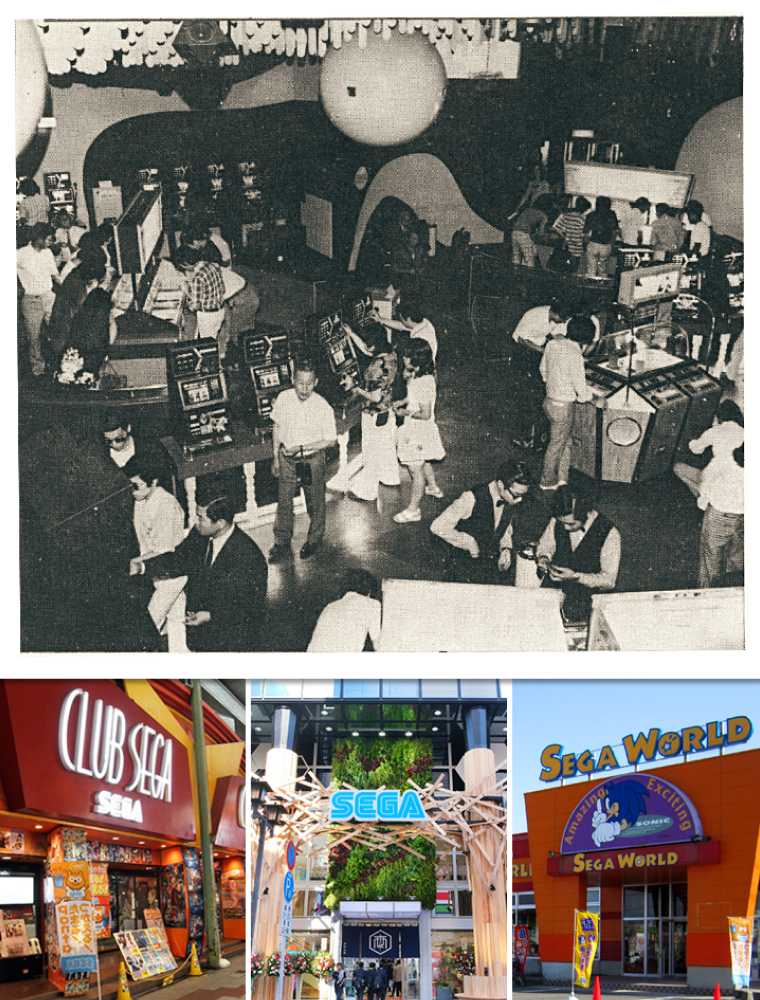
1972.7

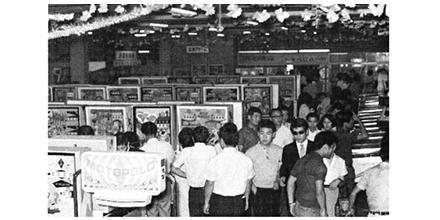
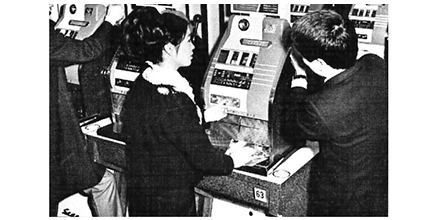
From 1965, directly operated amusement centers were developed mainly in Tokyo and Osaka, with 31 stores as of 1970. SEGA's first casino style center “Apollo Vegas” (currently “SEGA WORLD Apollo”) opened in 1972. This was the first time medal game machines were installed, which brought an atmosphere of excitement reminiscent of Las Vegas. The business of store management continued to expand across Japan.

1979.4

1979.11

1983.7

SEGA's first consumer game console. SG stood for SEGA GAME. The list price was ¥15,000. It was released in Europe and Australia among other countries, and sold 160,000 units in its first year.

1984.7

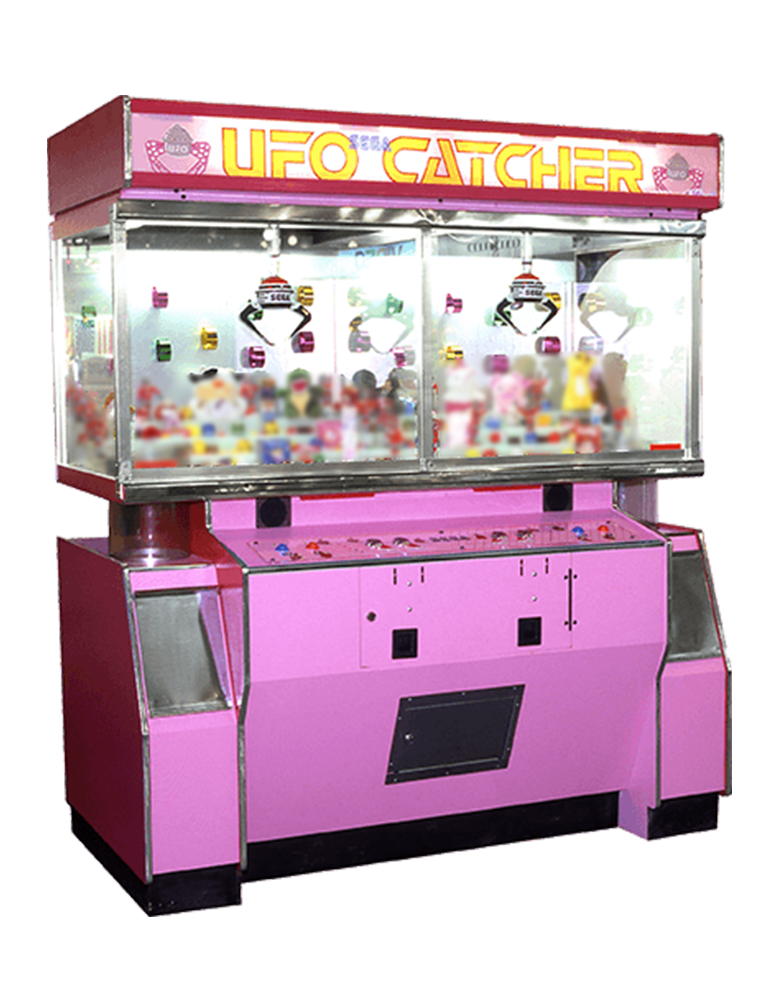
1985.5

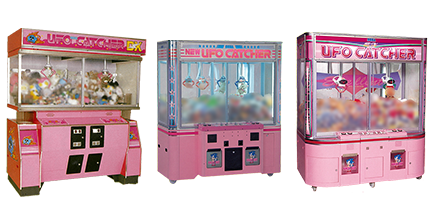
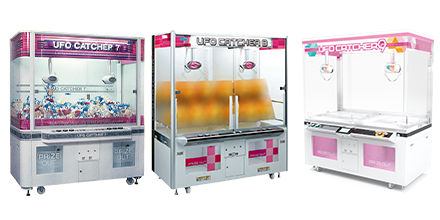
The first game in the UFO Catcher® series. It was a huge hit, and later became the generic name for similar crane-based games. Game centers became more brightly lit making them more attractive and accessible to female customers and children. “UFO CATCHER9”, the latest in the series, features an LCD touch panel and a 360° view of the prizes. The technology continues to evolve.

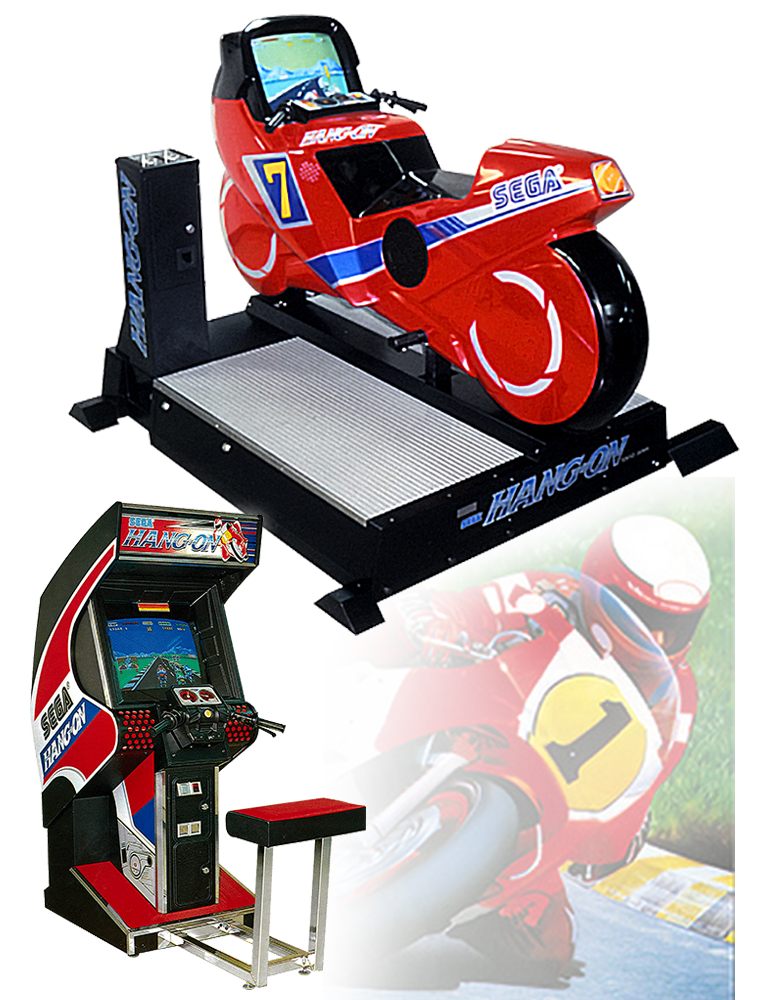
1985.7

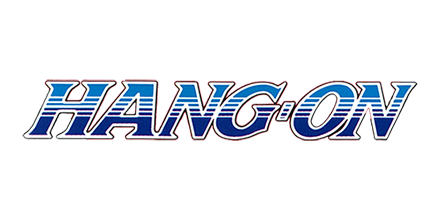
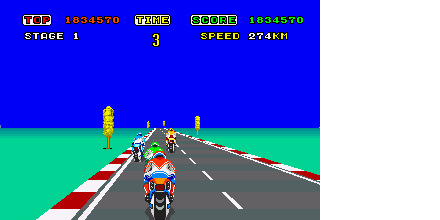
This motorcycle racing game holds the venerable position of being SEGA's first motion-controlled game cabinet. The player straddles a large red bike, and steers by tilting it left and right. The irregular nature of the cabinet and controls made a strong impact on players of the time. “Super Hang-on” was released in 1984 and ported to numerous consumer game consoles with a choice of 4 courses representing different levels of difficulty.

1985.10

SEGA's third generation consumer game console was significantly enhanced by arcade technology. It maintained compatability with earlier consoles while introducing new enhanced graphical capabilities. Optional peripherals such as 3D glasses and an FM sound module were also released. The list price was ¥15,000.

1986.3

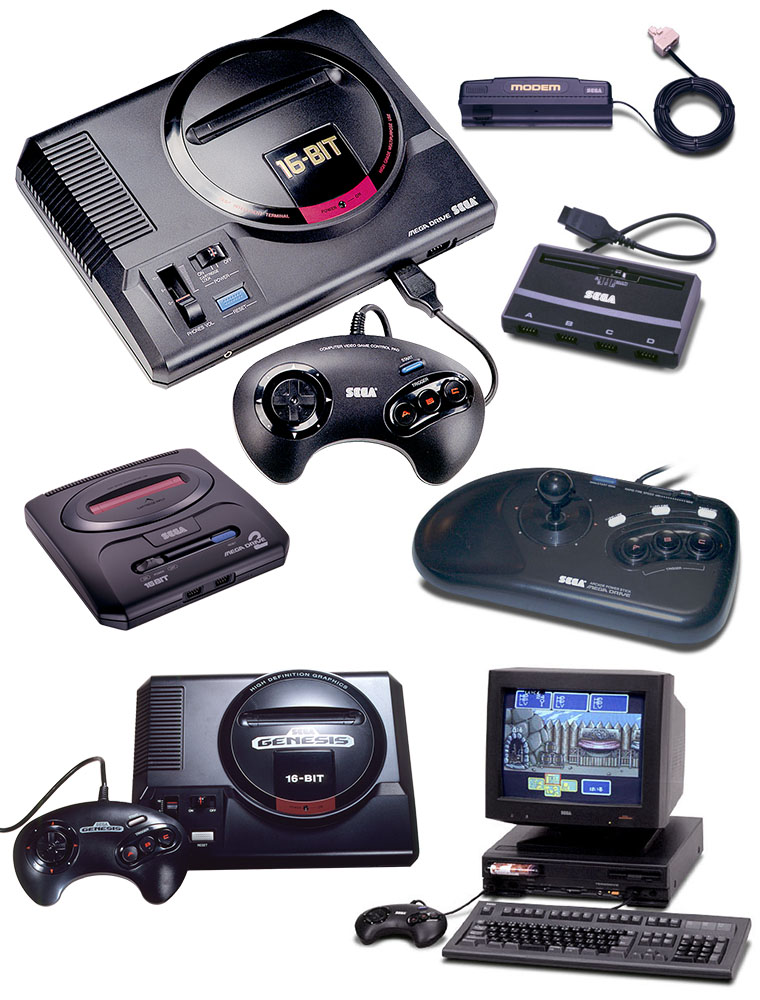
1988.10

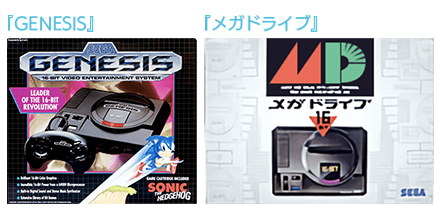
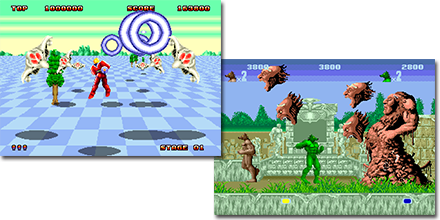
The consumer game console that made the SEGA name famous around the world. Other software makers were eager to release their own titles on the platform, and there was no shortage of optional peripherals. List price was ¥21,000. It was released in North America under the name “GENESIS” the following year in 1989, and in Europe in 1990. With the release of “Sonic The Hedgehog” in 1991, its popularity exploded and the game console sold more than 15 million units in North America and 8 million in Europe.

1990.10

Japan's first domestically produced portable game machine, boasting a 3.2 inch backlit color LCD display. With the optional TV tuner unit, it doubled up as a portable TV. List price was ¥19,800.

1990.11

A sensory game capable of rotating 360°. Effective safety features ensured the player would not find themselves upside down. Although the cost per play was five times the typical price of its time, it proved to be an enormous hit.

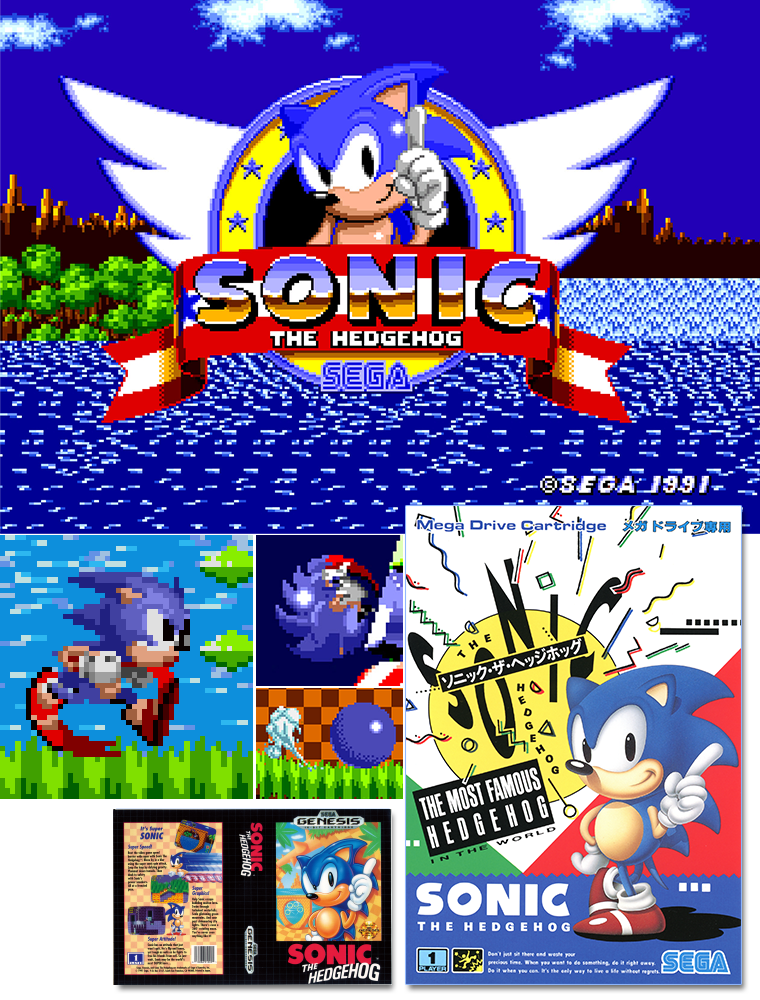
1991.6

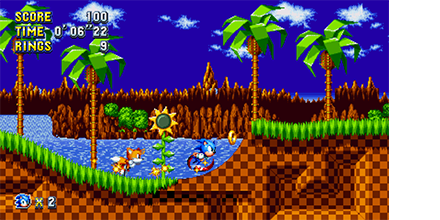
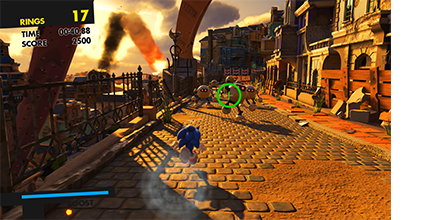
“Sonic The Hedgehog”, the first of the Sonic series was released for the first time in North America on GENESIS. (July 26th, Japanese time) The exhilarating high speed action and easy to grasp Ring system made it a huge hit with beginners and experts alike, selling over 4 million copies. Even now, new titles continue to be released, with the series totalling over 920 million copies/downloads.

1991.10

In 1991, “Puyo Puyo” was first released on MSX2 and Famicom Disk System platforms. The battle characteristics of this action puzzle game, the first of its kind, later made it a household name.

1992.4

1992.8

SEGA's first ever polygon racing game! The concept of polygon graphics was still fresh at the time despite becoming a staple in subsequent years, and the instant highlight monitor which encapsulated the feel of a genuine F1 track had a huge impact on players.

1992.8

Kyokuichi Co., Ltd. (currently operating as TMS Entertainment., Co. Ltd.) formed a business alliance with Sega Enterprises, Ltd. Numerous new anime titles and new works of nationally recognized franchises “LUPIN THE 3rd”, “Anpanman” and “Detective Conan” were released.

1992.11

The first SEGA store opened in Akihabara. In addition to the former Akihabara GiGo, the former Club SEGA Akihabara New Building, and the former SEGA Akihabara, the SEGA Akihabara No. 5 store opened in July 2019, and five more stores, No. 1 to No. 5 are now in operation.

1993.6

A high performance educational toy for children that let you draw pictures on a TV screen via TV link. Operation were performed via touch pen, and the software resembled a picture book in style.

1993.7

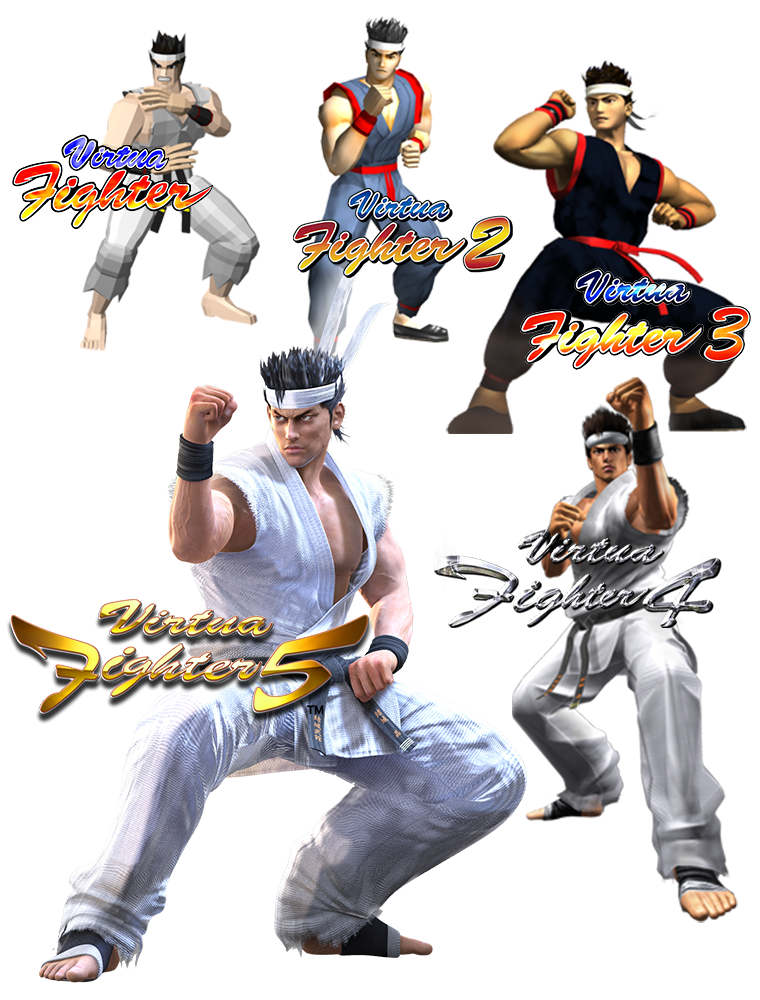
1993.12

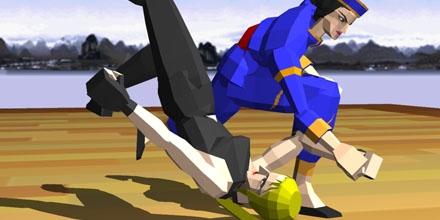
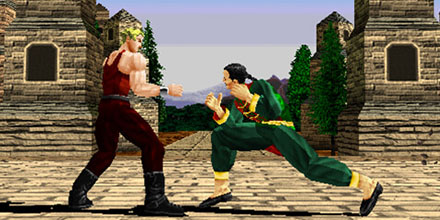
The world's first 3DCG fighting game “Virtua Fighter” was released. In 1993, 2D fighting games were the norm, and many players were drawn in by the immersive feel of the game world that was not available in previous titles. The following year, the sequel “Virtua Fighter 2” which featured smoother video expression went into operation to popular acclaim. The series continued until “Virtua Fighter 5 Final Showdown”.

1994.7
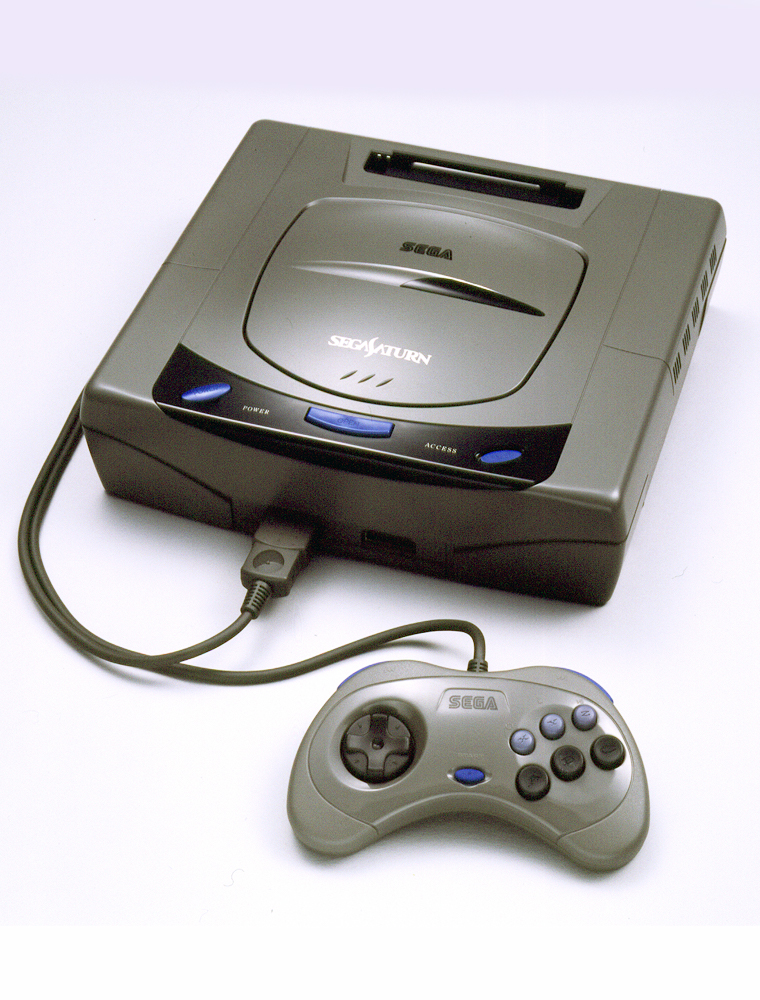
1994.11

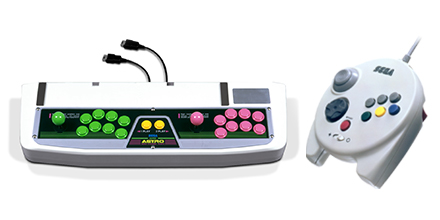
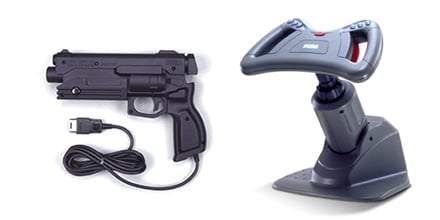
SEGA's most popular console in Japan. The sixth consumer game console was named after the sixth planet in the solar system. It was able to handle conventional 2D games as well as the new generation of 3D games. List price was ¥44,800. Available games ranged from ports of popular arcade classics and brand new titles such as “Sakura Wars.” More than 100 software companies entered the market producing over 1,000 compatible titles.

1995.4

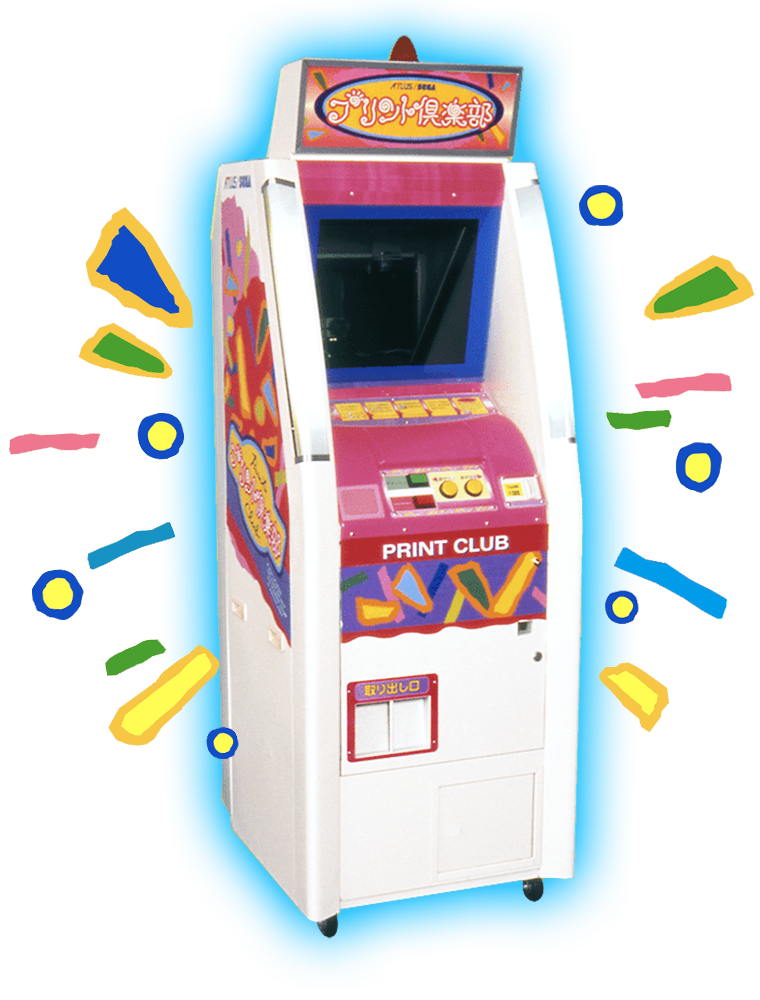
1995.7


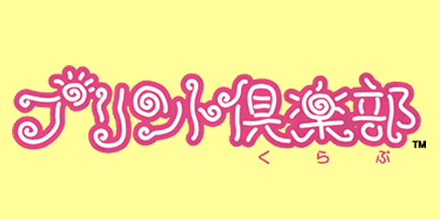
The original printed sticker machine “Print Club” was released. Friends would often take pictures together and exchange stickers, and machines were frequented by young women with sticker albums. The machines were a huge success! The nickname “Purikura” became synonymous with printed sticker machines and as a genre became established as an amusement facility staple. Since inception, various models from other companies have appeared. The technology continues to evolve, and now includes skin whitening functions and smartphone connectivity.

1996.2

1996.7

A vast indoor amusement park in Odaiba. Right from the outset it included large scale attractions, VR (virtual reality) attractions, and limited editions of SEGA arcade games. It has attracted visits from many celebrities both from Japan and abroad.

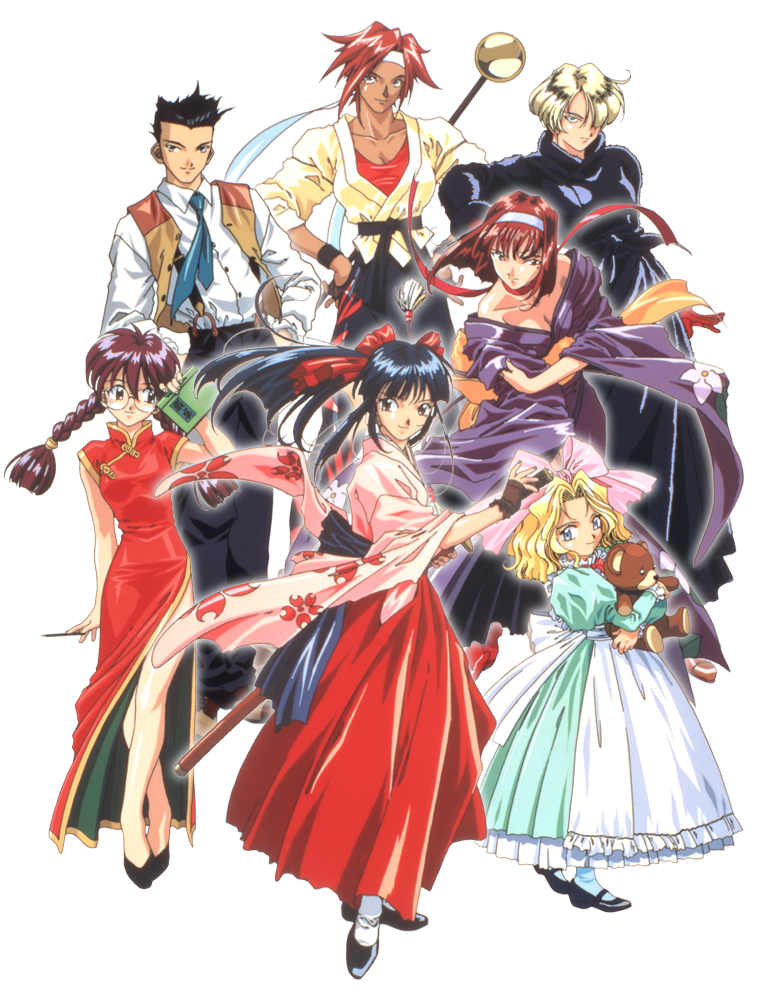
1996.9

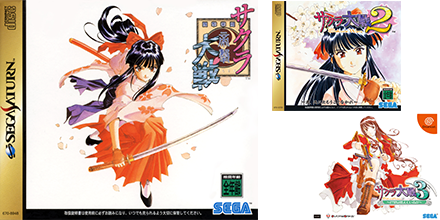
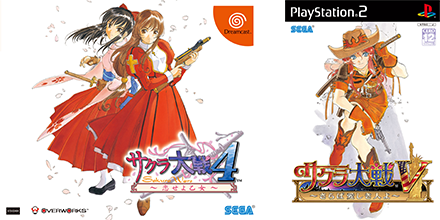
This SEGA Saturn title is a dramatic adventure game set in a fictionalized version of the “Taisho era”. It boasted record sales among original Saturn titles of its time. It was later adapted into a TV animation, stage production, novels, comics and other media mixes. Of particular note was its pioneering of the “Kayo Show”, a 2.5 dimensional stage that has become a regular fixture in the current generation of games.

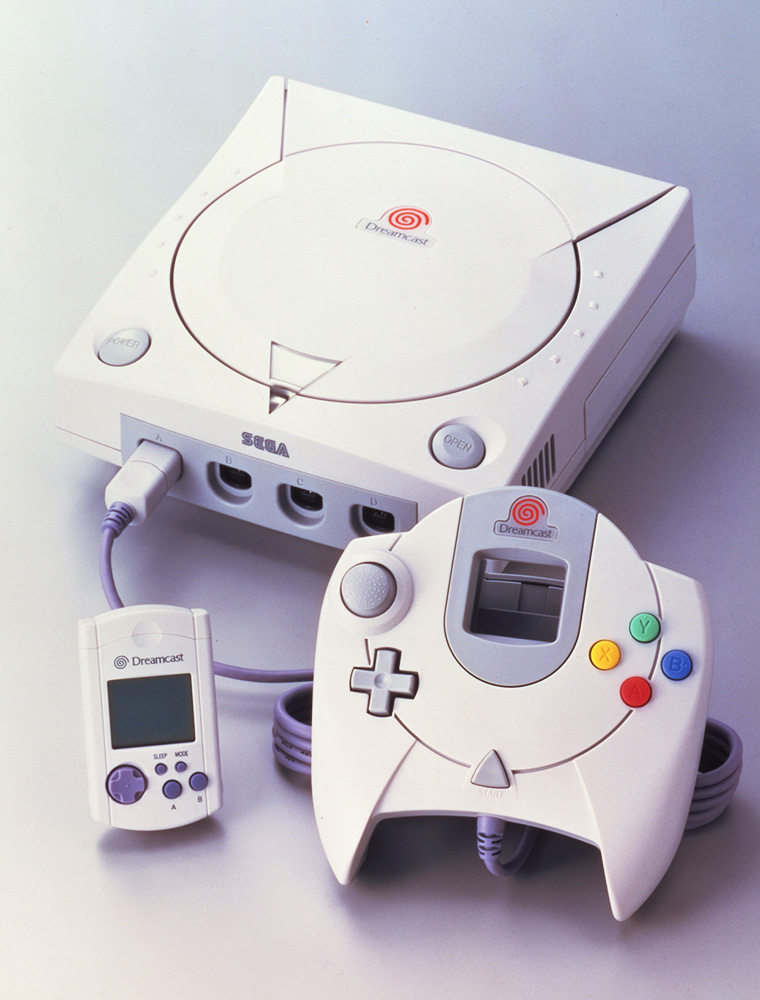
1998.11

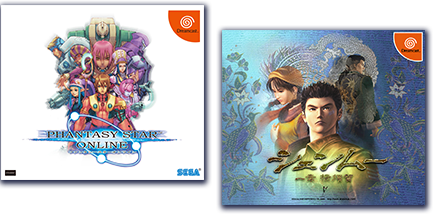
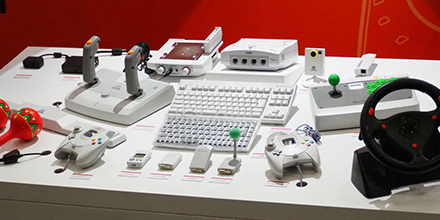
SEGA's final consumer game console, and the first console to feature built in online communication capabilities. Advertisements at the time featuring the actual managing director of SEGA at that time were well received and fast became a hot topic! Genre breaking games included “Shenmue” which featured 3D open world exploration, and “Seaman” which allowed you to interact with humanoid fish creatures. “PHANTASY STAR ONLINE” allowed simultaneous online cooperative play for up to four players.

1999.10

1999.12

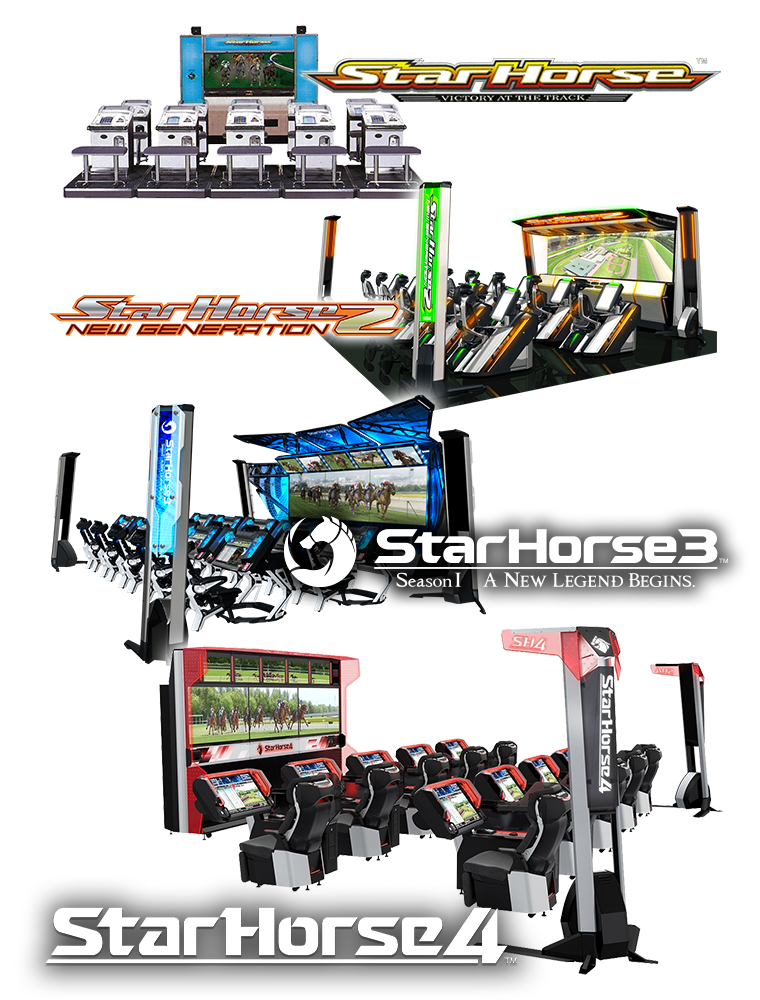
2000.7

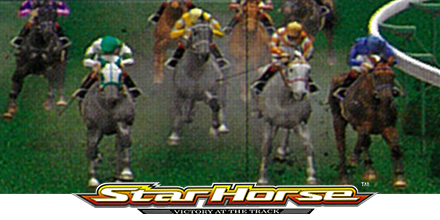
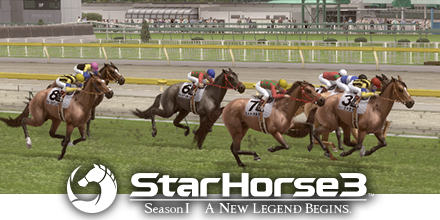
The gold standard of horse racing medal games that focusses on both the betting and ownership aspects of gameplay. Fans of horse racing were impressed by the game's depiction of reality, such as the compelling race videos, live commentary by veteran announcer Kiyoshi Sugimoto, and the calm “satellite” space. In 2017, smartphone game “StarHorsePocket” was released. Despite 20 years having passed since its original release, it remains very popular and has since been succeeded by “StarHorse4”.

2000.11

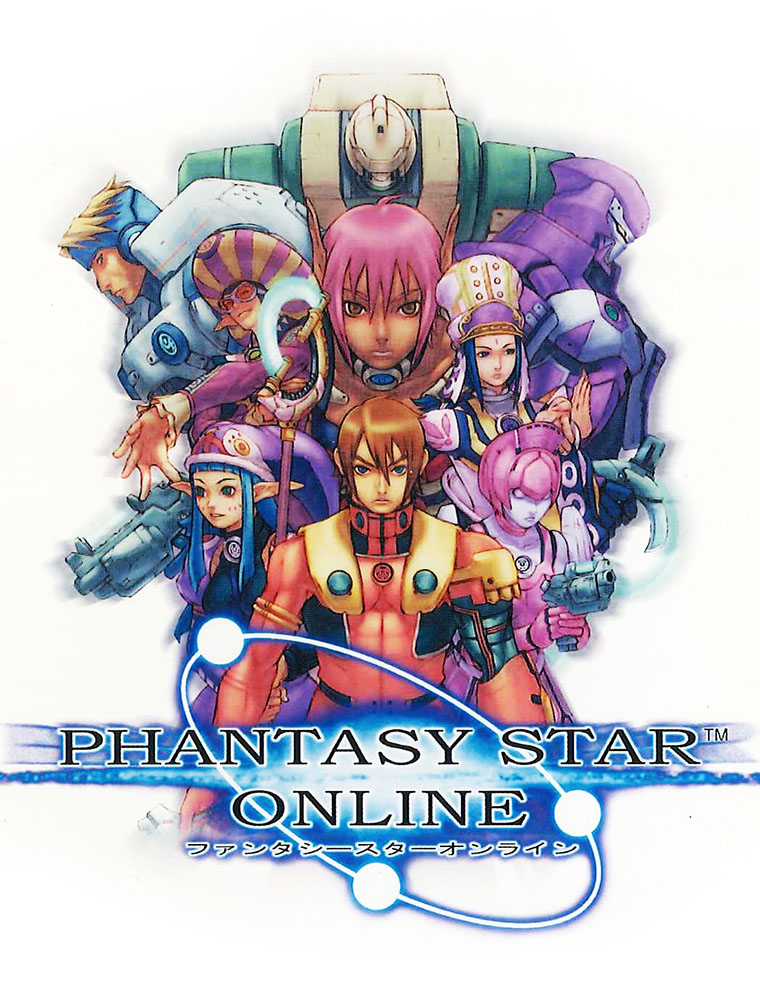
2000.12

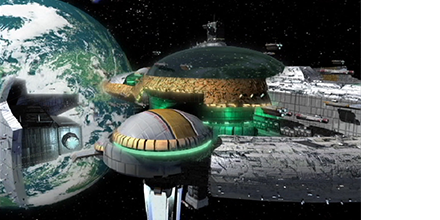
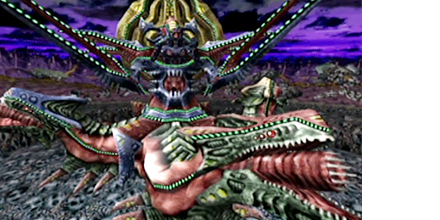
A network RPG released on Dreamcast. It can be said that this winner of the 5th Japan Game Awards laid the foundation for future online game services in Japan. Since then, numerous upgraded versions have been released on a variety of different platforms.

2002.6

A pioneering title that combined conventional gameplay with trading cards to form a new arcade genre. With the cooperation of Panini, an internationally renowned in-game soccer club was formed.

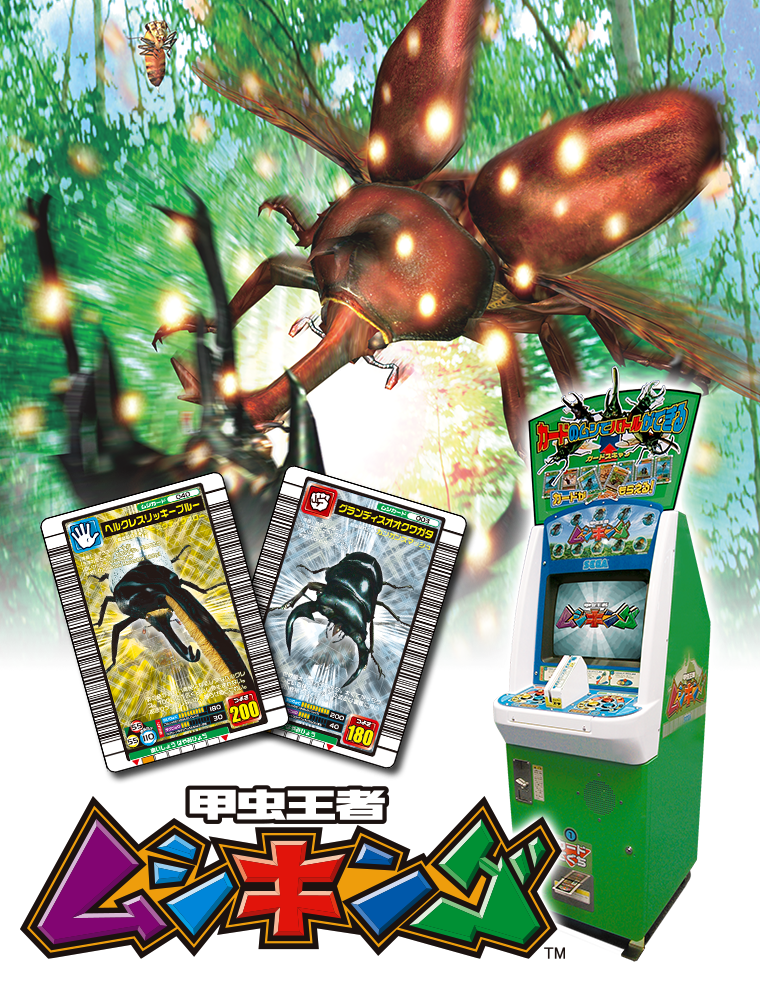
2003.1

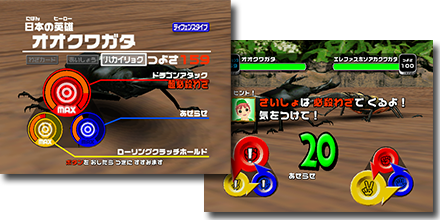
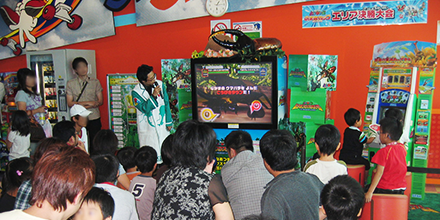
A trading card game for kids that incorporates elements of the rock-paper-scissors game. In 2008 it was certified by Guinness World Records as holding the record for “Most official tournaments held on one arcade game series.” In response to its immense popularity, it was later developed into consumer games, comics, animations, movies and other cross-media forms. In total it has shipped more than 498 million cards. (As of November 2007)

2003.11

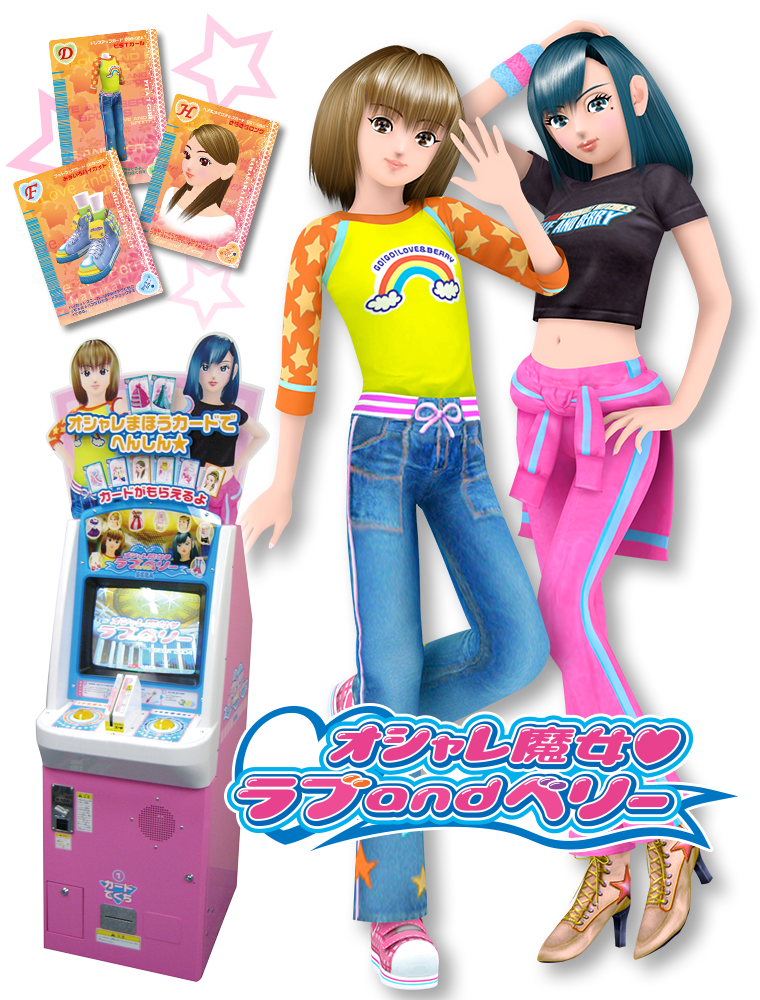
2004.10

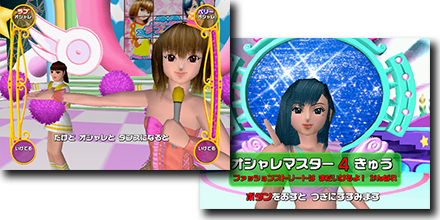
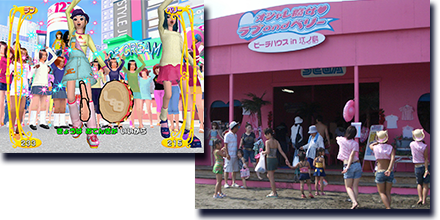
A trading card game where you can enjoy fashion and music. Proving immensely popular with young girls, two new services were introduced: “LB Style Square,” which allowed the purchase of in-game clothes, and “LB Cosmica,” which specialised in kids cosmetics.

2004.10

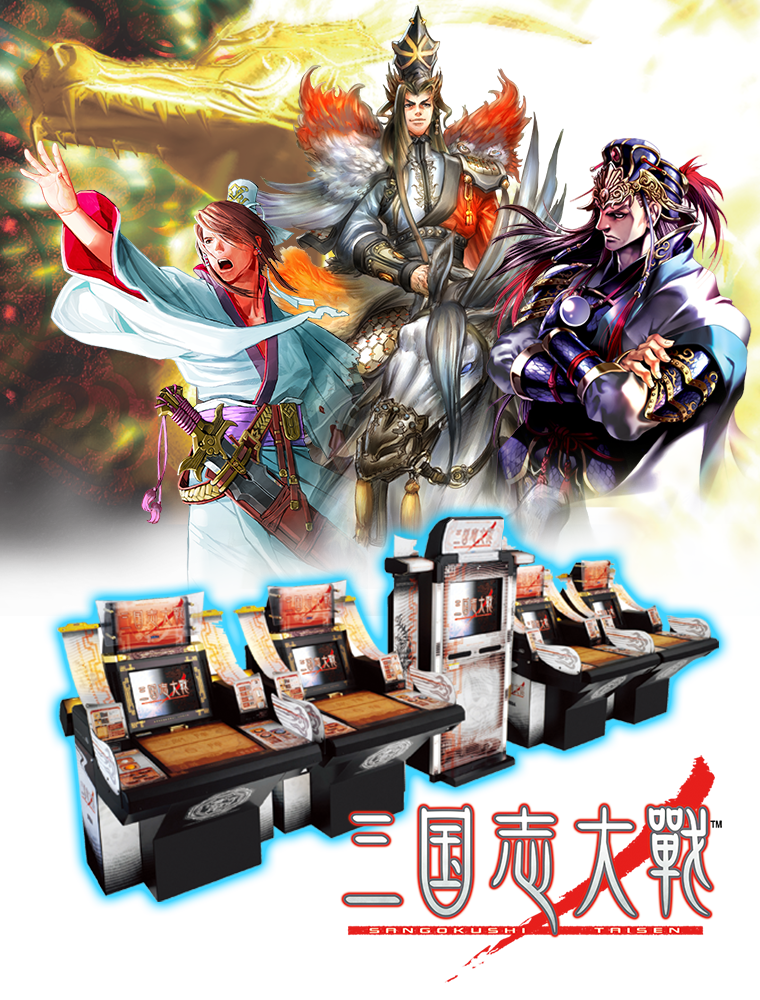
2005.3

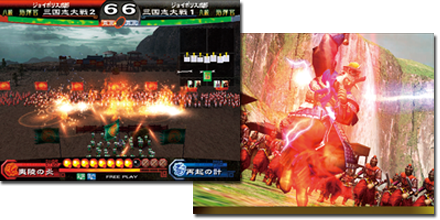
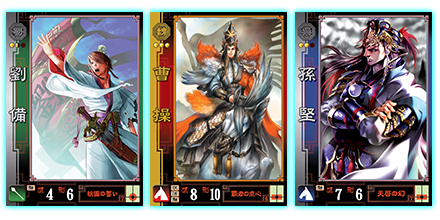
The world of “Records of the Three Kingdoms” is represented as a trading card game. The simple and intuitive operation is enabled by the flat reader type housing. Many famous illustrators and popular manga artists also participated in the design of the warlord cards! The profound nature of the much loved game's character was adapted into “Sengoku Taisen” in 2010, and as of 2016 part of the “Sangokushi Taisen” and “Taisen” series.

2005.3

A development studio based in Horsham, UK. One of their best known works is the “Total War” series, a real-time strategy game for PC. The series has exceeded 27.6 million sales worldwide.

2005.8

The world's first optical projection home planetarium, jointly developed by planetarium creator Takayuki Ohira.

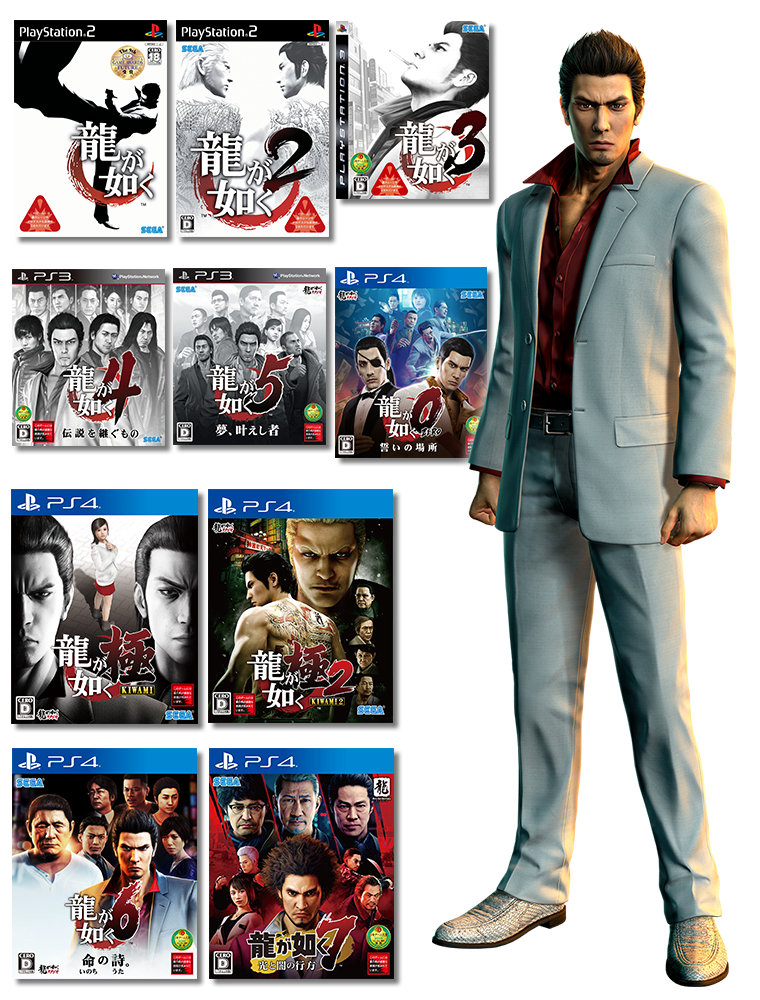
2005.12

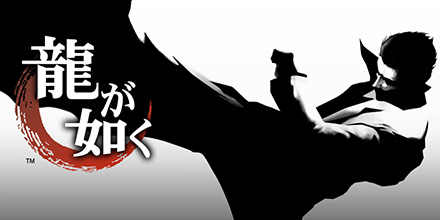
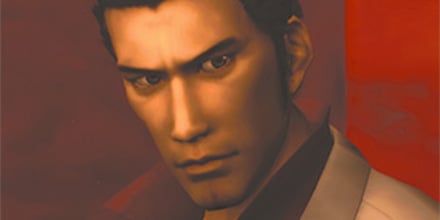
Created under the concept of “adult entertainment.” Set in a vast entertainment district, inspiration was drawn from a range of human dramas such as love, humanity and betrayal. It expressed a realistic contemporary take on Japan that could not be touched upon by conventional games. It received high praise not only in Japan but also from overseas, and many spin-off titles have since been released turning it into an ever growing series. This has become a signature brand with solid global marketability.

2006.4

A development studio based in London, UK. One of their best known works is the “Football Manager” series, which has a proven track record and established brand as a management simulation game for soccer clubs.

2007.4

Born of the concept of “spectator darts”, this has since evolved into a global tournament in which only top players from around the world can participate. With spectator tickets typically selling out in just a few minutes, this annual event has proven to be a big hit in the darts industry.

2008.5

2008.12

At the time of conception, it was the first online darts machine to have a full-color LED. The addition of communication battles and customizable elements for game screens made it a leader in the darts market. By 2013 more than 10,000 units had been installed in 19 countries around the world.

2009.6

2009.9

A high speed 10-on-10 robot team battle. Players can employ a variety of tactics using 4 types of weapons. Real events such as one-off contests at stores nationwide and official tournaments were also actively developed.

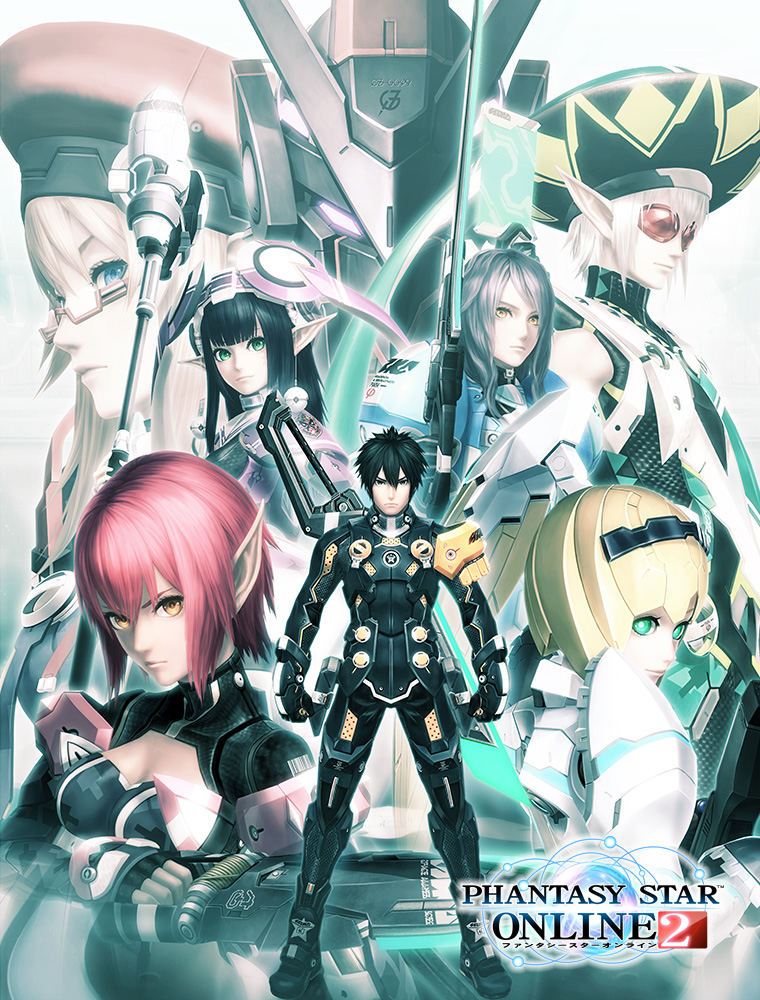
2012.7

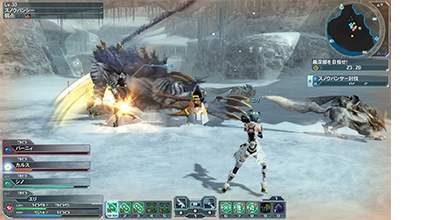
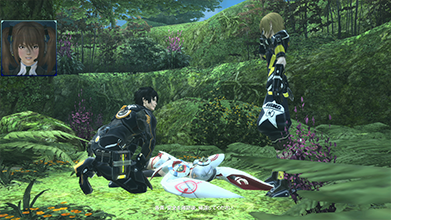
Starting with the PC version, Japan's largest online RPG has been ported to PS Vita and PS4, and in April, 2018, “PSO2 Cloud” service started for Nintendo Switch™. By its seventh anniversary, it had accumulated more than 5.5 million players. Official information programs and real events were actively distributed. A theatrical production was performed in 2014, and an animated show released in 2016 and 2019, expanding the fan base yet further.

2012.7

In 2008, a product was released based on a magic item that appeared in the animated show “Jewel Pet”, a character developed in collaboration with Sanrio Corporation. The immensely popular full-color “Jewel Pod Diamond” featured a camera and communication functions.

2012.10

2013.1

A development studio based in Vancouver, Canada. Offers a wide variety of games with cinema quality graphics and high strategic qualities. One of their best known works is the “Warhammer 40k Dawn of War” series, which sold more than 7 million copies worldwide.

2013.3

A driving simulator capable of reproducing dangerous driving situations utilizing three HD monitors and HDR rendering. This has proven to be a very effective educational tool at driving schools. In April 2017, a two-wheel vehicle driving simulator was revealed.

2013.4

2013.7

2013.8

Opened as a museum where you can experience at a sensory level the wilder side of nature without leaving the city. In addition to experiences with visuals and the latest technologies, the park was rennovated in April 2018 as an indoor park where you can come into direct contact with real animals.

2013.10

“Yowamushi Pedal”, a manga series written and illustrated by Wataru Watanabe, was made into an anime. The first season (2013) to the fourth season “Yowamushi Pedal Glory Line” (2018) were broadcast and established it as the quintessential bicycle road race anime.

2013.11
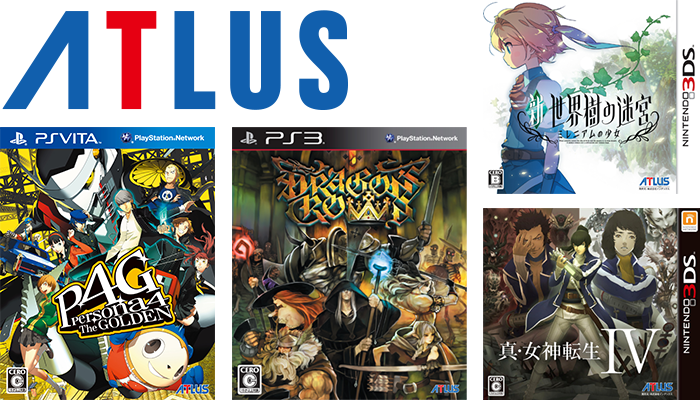
Atlus, the creators of popular games such as “Persona”, “Shin Megami Tensei”, and “Etrian Odyssey” joins the SEGA Group. The following year, in April 2014, the company re-established to set out as Atlus Co., Ltd.

2015.1
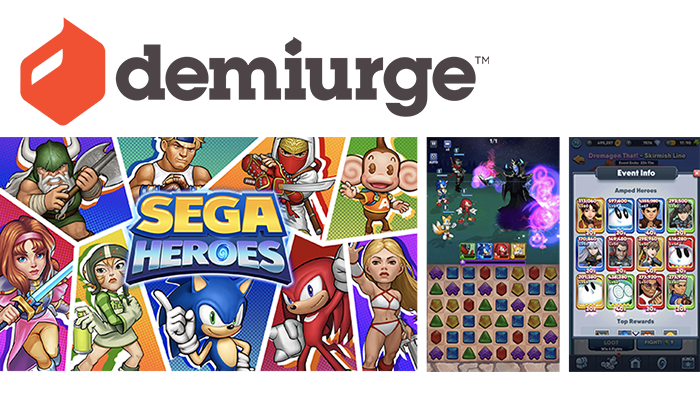
A development studio based in Cambridge, USA, established in 2002. It boasts advanced stable development capabilities and abundant managerial know-how. Currently, it is focussed on the development and operation of “Marvel Puzzle Quest” and “SEGA HEROES”.

2015.4

Due to the structural reform of the SEGA SAMMY Group, each business of SEGA Co., Ltd. was spun off and SEGA Holdings Co., Ltd., SEGA Games Co., Ltd. and SEGA Interactive Co., Ltd. were established. In addition, the animation, video, and toy business were incorporated into SEGA Group and reborn as a group that plays entertainment content.

2015.4
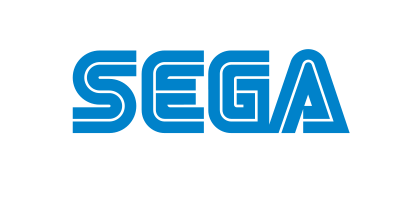
2016.2
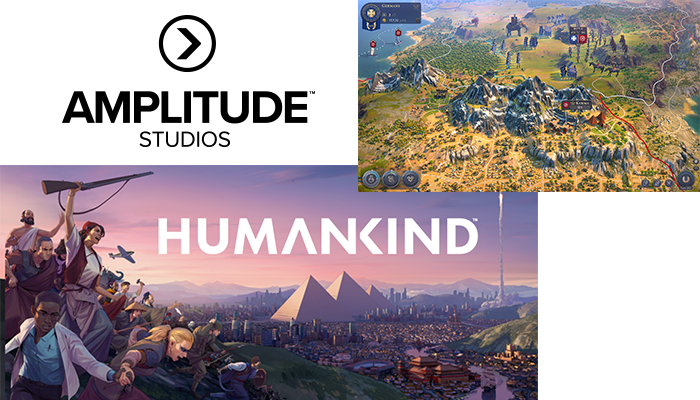
A development studio based in Paris, France. The “Endless” series gained immense popularity due to its strategic nature and elegant graphics, and went on to sell more than 2.4 million copies in total. Their current new strategy title “HUMANKIND” is being met with wide expectation by European and American fans.

2016.2

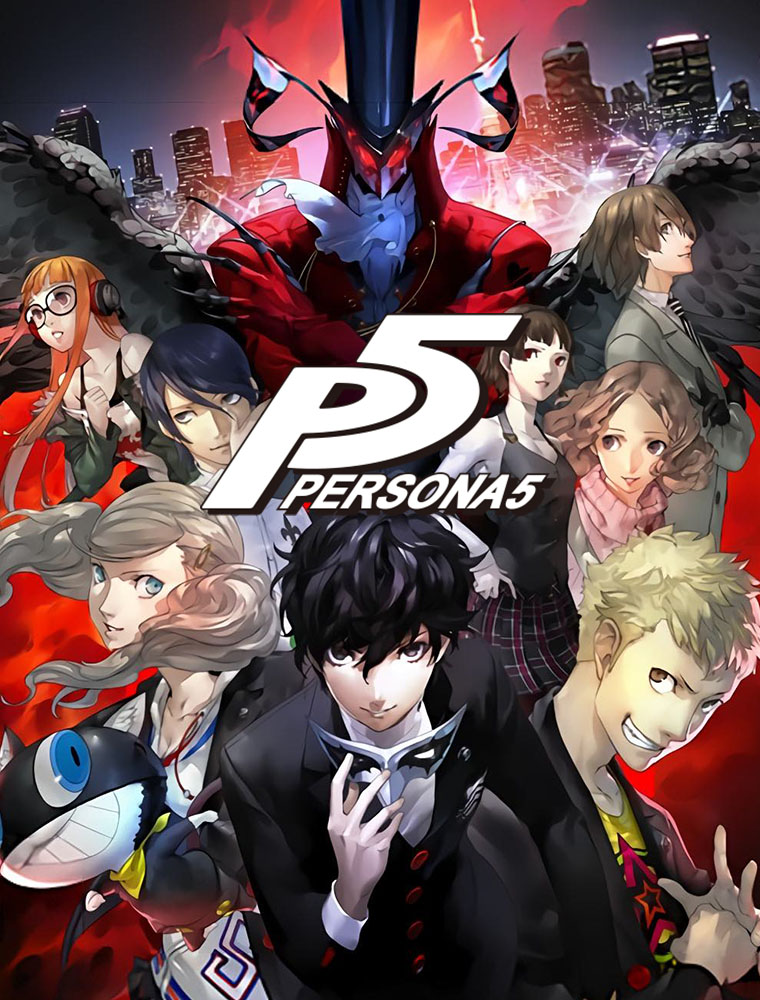
2016.9

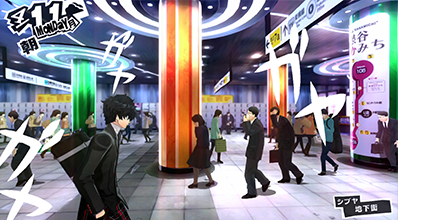
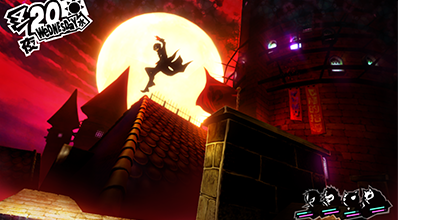
“Persona 5”, the latest instalment in the critically acclaimed series released. The award-winning game achieved 3.2 million units in sales globally in 2019, becoming the most successful game in Atlus history. “Persona” has sold a series total of 11.1 million units globally since its initial release of Revelations: Persona in 1996.

2017.2

A development studio based in Sofia, Bulgaria. After joining the SEGA Group, it focused on developing Creative Assembly's “Total War” series DLC and is currently developing “Total War Saga: TROY”.

2017.5

The world's first corporate identity that tracked the movements of the human eye, extracted and compressed the “moment of surprise” and converted it into sound. The new identity is the representation of the challenge to the world “more surprises than ever before”.

2017.6

At the Tokyo Toy Show, two products related to the character Anpanman won the highest awards in the educational toy category and the communal toy category. In recent years, many products in the “girls” toys and others category have also received grand prizes (formerly the highest award).

2017.12

2018.3

A new business store opened in Ikebukuro with the cooperation of Taiyaki counter “Yokohama Kurikoan”. Under the motto “Taiyaki that can only be made by SEGA”, we continue to make unique products such as “SEGA Logo Yaki” and “Puyo Puyo Yaki”.

2018.8

The headquarters functions of the 20 SEGA SAMMY Group companies that were dispersed around the Tokyo metropolitan area consolidated in Osaki. Around 6,500 staff are now in one building. The new office concept is that of “The Journey of the SEGA SAMMY Group.” SEGA SAMMY's new journey has begun!

2018.8

SEGA Interactive and Konami Digital Entertainment jointly developed a multi-electronic money service for amusement facilities. This was implemented into 70 SEGA stores by summer 2018. A variety of electronic money methods as well as “PASELI” can be used for transaction via a single device and system.

2018.10

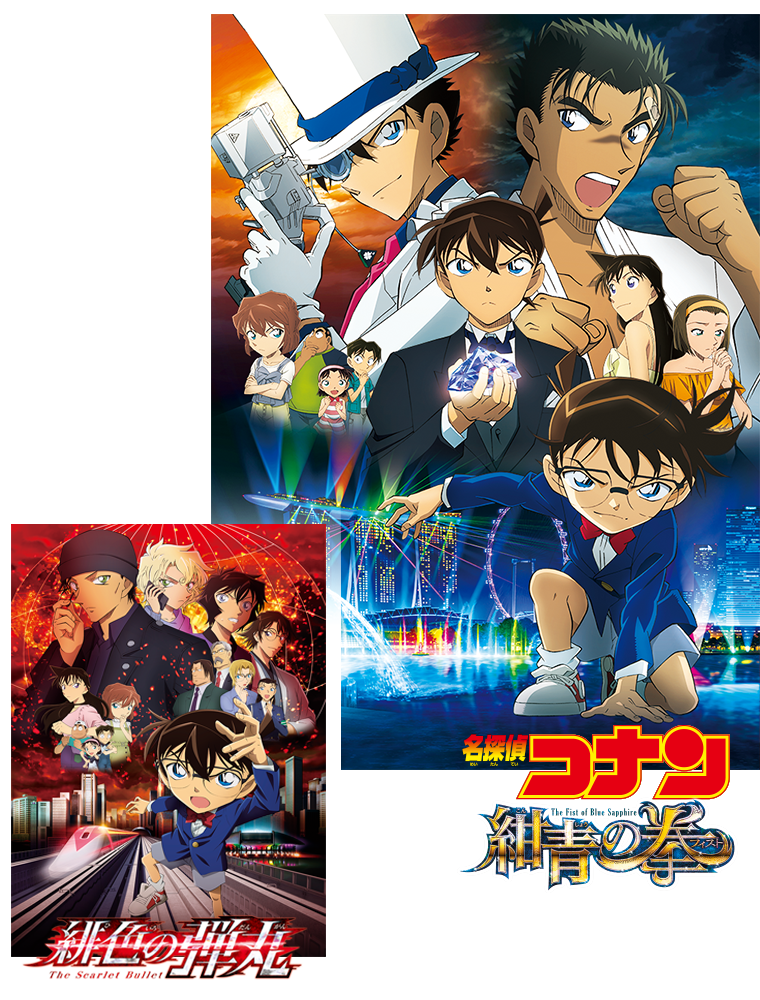
2019.4

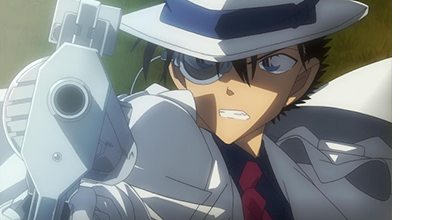
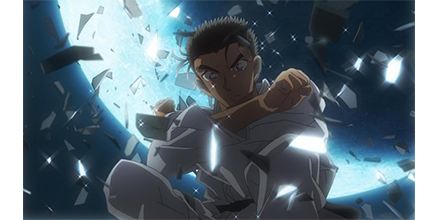
Gosho Aoyama’s “Detective Conan” celebrated its 20th anniversary in 2016. After the theatrical release of “Detective Conan: The Time-Bombed Skyscraper” in April 1997, a new movie has been released every year. Starting with the record-breaking success of “Detective Conan: Private Eye in the Distant Sea” in 2013, the movie series continued to break box office records for the next seven titles. The series continues to show no signs of slowing down with the most recent “Detective Conan: The Fist of Blue Sapphire” recording over ¥9.3 billion at the box office. “Detective Conan: The Scarlet Bullet” will be released soon

2019.5

A development studio based in Farnham, UK, established in 2016. Its strength lies in the development of simulation games with a unique world view and remarkable playability. “Two Point Hospital”, which has received wide acclaim, is currently undergoing multiplatform development.

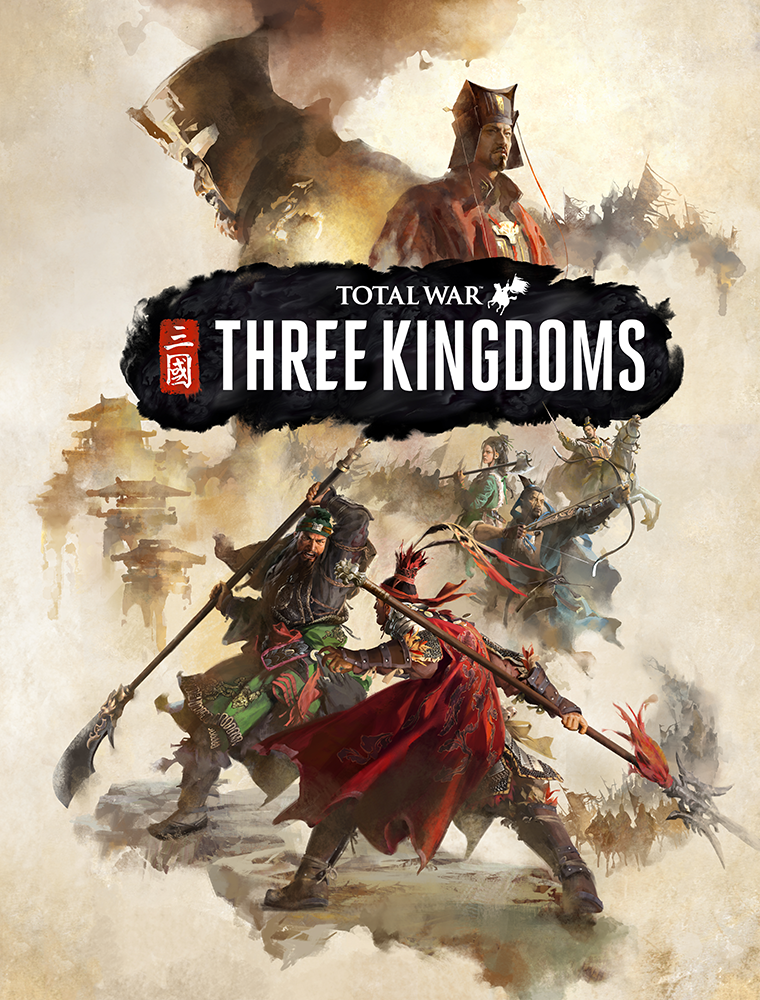
2019.5

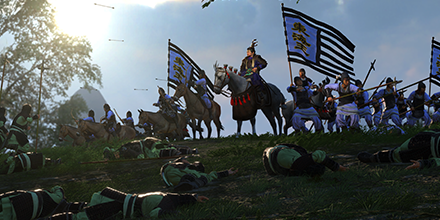
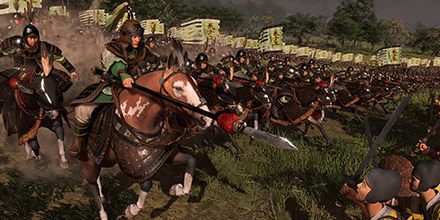
“Total War” is a real-time strategy game for PC that has sold more than 27.6 million copies worldwide. You can experience the world of interstate wars and tribal struggles based on historical fact. The latest title, “Total War: THREE KINGDOMS,” themed around the Records of the Three Kingdoms, gained strong support among players in Asia, and especially in China. It achieved 1 million downloads in the first week after distribution.

2019.9

2019.10
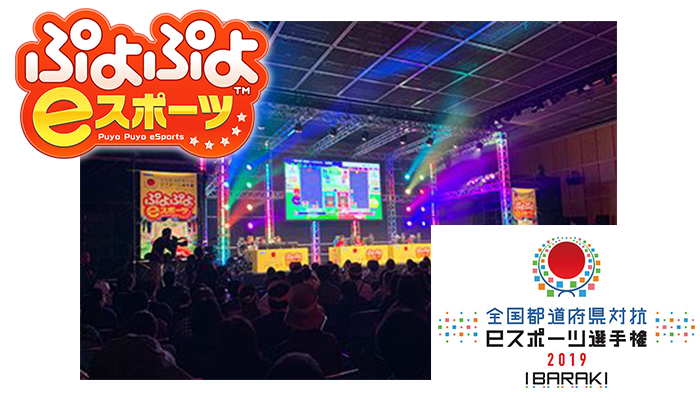
“Puyo Puyo Champions / Puyo Puyo eSports” has been selected as the competition title of the 74th National Athletic Meet “Ikiiki Ibaraki Yume Kokutai”, as part of the cultural program “National Prefectural Competition eSports Championship 2019 IBARAKI”. Qualifiers were held in each region of the country, and the finals were held on October 5th and 6th

2019.12
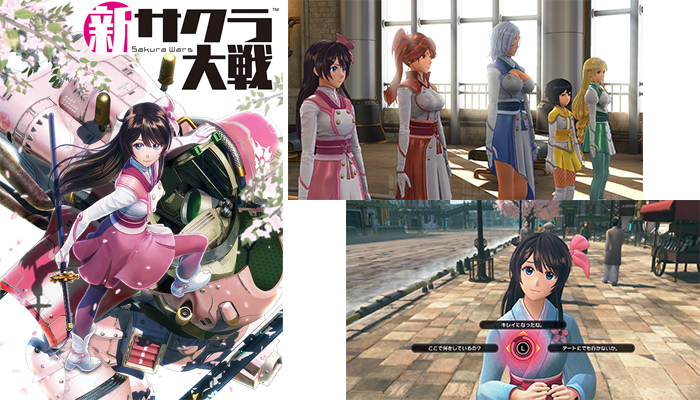
The launch of “New Sakura Wars” was announced at “Sega Fes 2018”. Tite Kubo would be responsible for the main character design. It is a completely new work revived 14 years after “Sakura Wars: So Long, My Love”.

2019.12

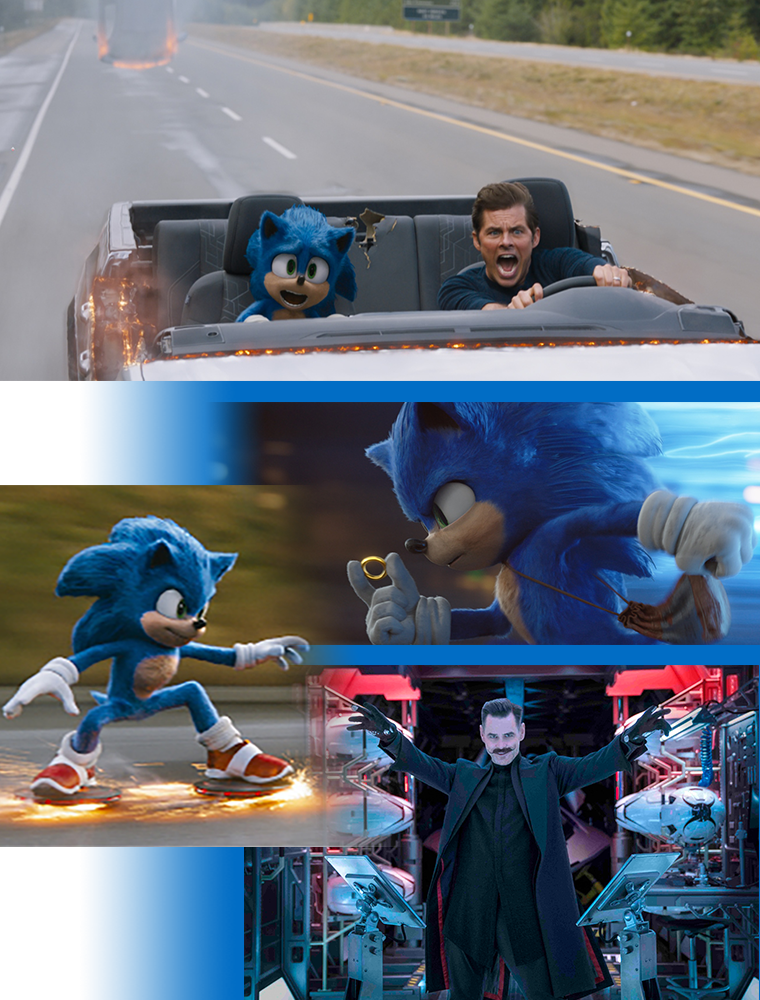
2020

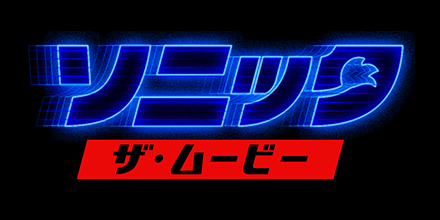
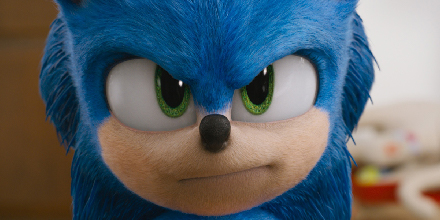
“Sonic the Hedgehog”, the title which garnered worldwide renown was adapted into a live-action movie, a co-production with US-based Paramount Pictures. Marza Animation Planet participated in planning / production and creation of CG animated elements.

2020.6

Thank you for Scrolling.
STAGE CLEAR!
Next Check the Result.
SEGA HISTORY ZONECLEARED
Thank you for
joining our journey.
Congratulations on clearing! How was your journey?
©ATLUS ©SEGA All rights reserved. © SEGA Entertainment Co.
Ltd, ©SEGATOYS,©SEGA © DARTSLIVE Co., Ltd. ©SEGA / f4samurai Orbi TM & © SEGA ©SEGA Logistics Service
Co.,Ltd. All rights reserved. ©’08,’13 SANRIO/SEGA TOYS S・S/W・TX・JLPC ©SEGA ©Panini S.p.A. All Rights Reserved. 原作:モンキー・パンチ ©TMS ©やなせたかし/フレーベル館・TMS・NTV ©青山剛昌/小学館・読売テレビ・TMS
1996 ©渡辺航(週刊少年チャンピオン)/弱虫ペダル04製作委員会 ©2019 青山剛昌/名探偵コナン製作委員会 ©2020
青山剛昌/名探偵コナン製作委員会
原作:モンキー・パンチ ©TMS ©やなせたかし/フレーベル館・TMS・NTV ©青山剛昌/小学館・読売テレビ・TMS
1996 ©渡辺航(週刊少年チャンピオン)/弱虫ペダル04製作委員会 ©2019 青山剛昌/名探偵コナン製作委員会 ©2020
青山剛昌/名探偵コナン製作委員会
Developed by Creative Assembly and published by SEGA. Creative
Assembly, the Creative Assembly logo, Total War and the Total War logo are either registered trademarks
or trademarks of The Creative Assembly Limited. SEGA and the SEGA logo are either registered trademarks
or trademarks of SEGA Holdings Co., Ltd. or its affiliates. All rights reserved. SEGA is registered in
the U.S. Patent and Trademark Office.. © Sports Interactive Limited 2019. Published by SEGA Publishing
Europe Limited. Developed by Sports Interactive Limited. SEGA and the SEGA logo are either registered
trademarks or trademarks of SEGA Holdings Co., Ltd. or its affiliates. SEGA is registered in the U.S.
Patent and Trademark Office. Football Manager, the Football Manager logo, Sports Interactive and the
Sports Interactive logo are either registered trademarks or trademarks of Sports Interactive Limited.
All rights reserved. © SEGA. All rights reserved. Developed by Relic Entertainment. SEGA, the SEGA logo,
Relic Entertainment and Company of Heroes are either registered trademarks or trademarks of SEGA
Holdings Co., Ltd. or its affiliates. SEGA is registered in the U.S. Patent and Trademark Office. All
other trademarks, logos and copyrights are property of their respective owners. ©SEGA. All rights
reserved. SEGA, the SEGA logo, and SEGA HEROES are either registered trademarks or trademarks of SEGA
Holdings Co., Ltd. or its affiliates. ©SEGA. All rights reserved. HUMANKIND, the HUMANKIND logo, SEGA
and the SEGA logo are either registered trademarks or trademarks of SEGA Holdings Co., Ltd. or its
affiliates. SEGA is registered in the U.S. Patent and Trademark Office. GAMES2GETHER, Amplitude Studios
and the Amplitude Studios logo are either registered trademarks or trademarks of Amplitude Studios SAS.
All other trademarks, logos and copyrights are property of their respective owners. © Two Point Studios.
Published by SEGA.